Your diet can have a big impact on the flatness of your stomach. Whether it's bloating, excess fat, or gastrointestinal issues, the food and drinks you consume play a major role. While a balanced, nutrient-dense diet is key to a flat stomach, there are certain foods that can hinder your progress. Here are the 10 worst foods for a flat belly:
1. High-Fat Fast Food
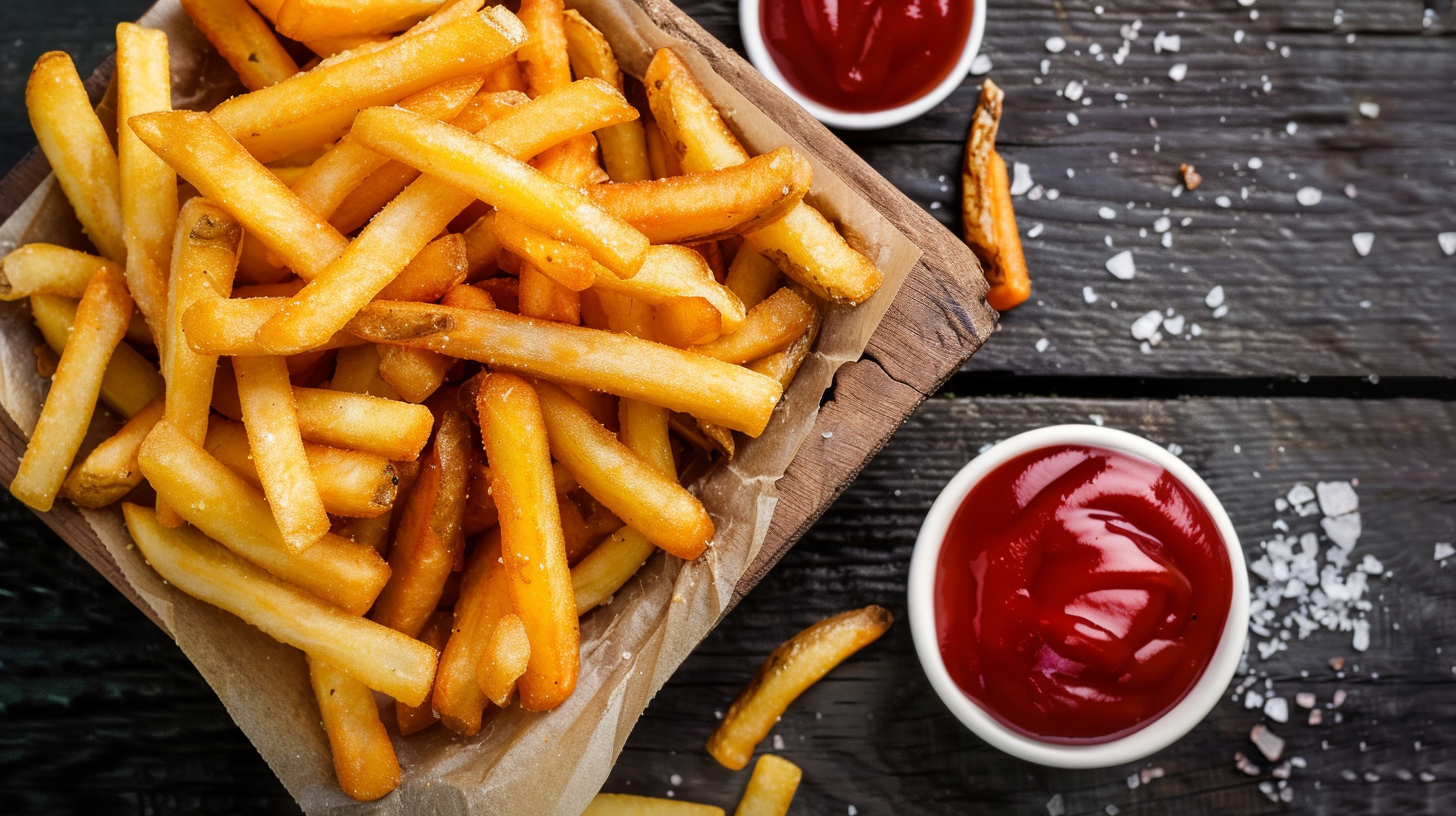
Fast food favorites like cheeseburgers and French fries are packed with calories, fats, and sodium, which can lead to a bloated belly. The trans fats found in many fast foods can increase the risk of abdominal obesity and digestive discomfort. Plus, the high sodium content can cause water retention and a bloated feeling.
2. Sugar Alcohols
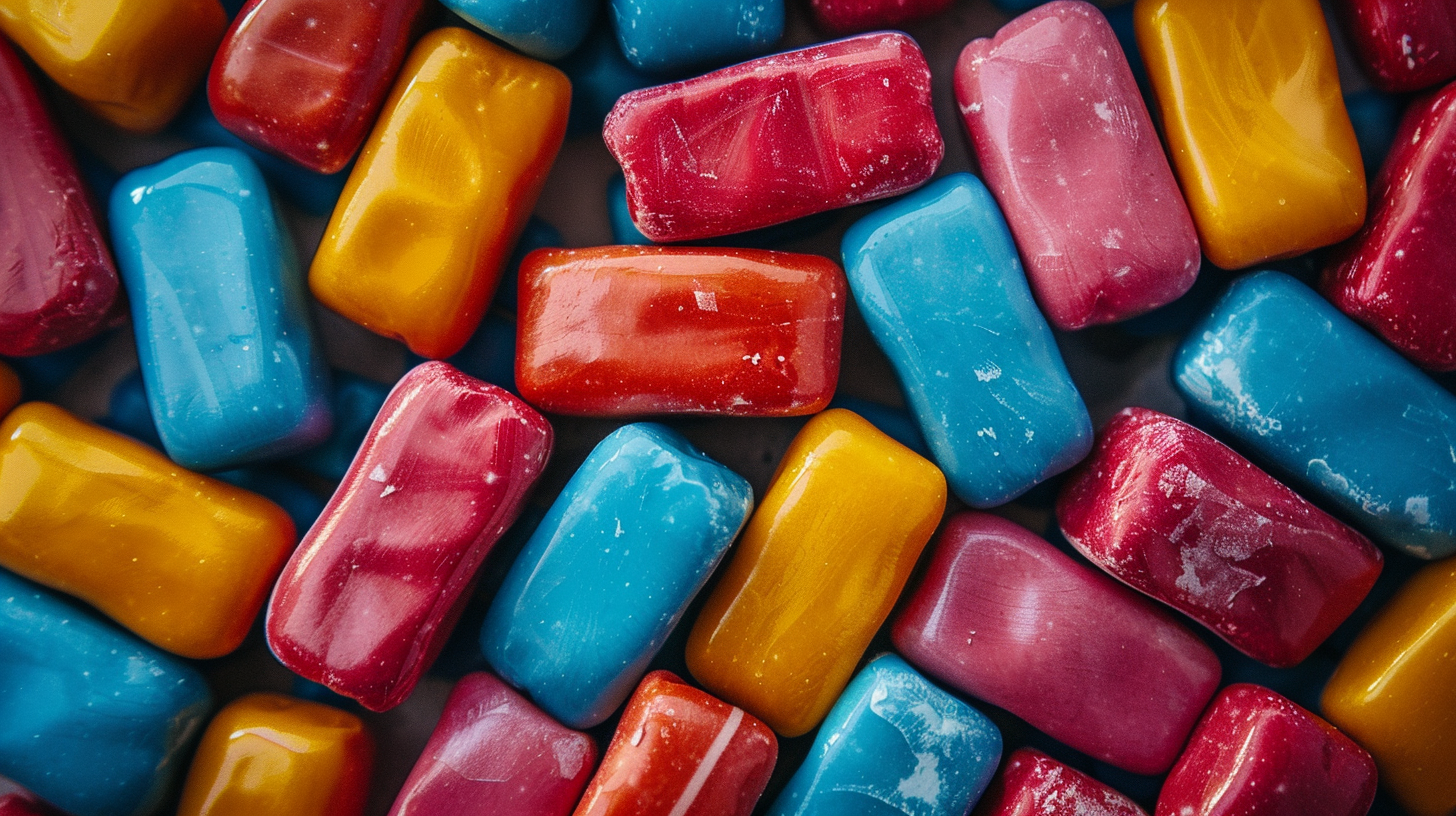
Foods sweetened with sugar alcohols like mannitol and sorbitol can cause gas production and bloating. These sweeteners are often found in sugar-free mints, gum, hard candies, chocolates, and protein bars. Even some natural foods like dried plums, pear juice, and prune juice contain sugar alcohols. Look for the ending "-ol" or check the nutrition facts label to avoid excessive bloating.
3. Cruciferous Vegetables
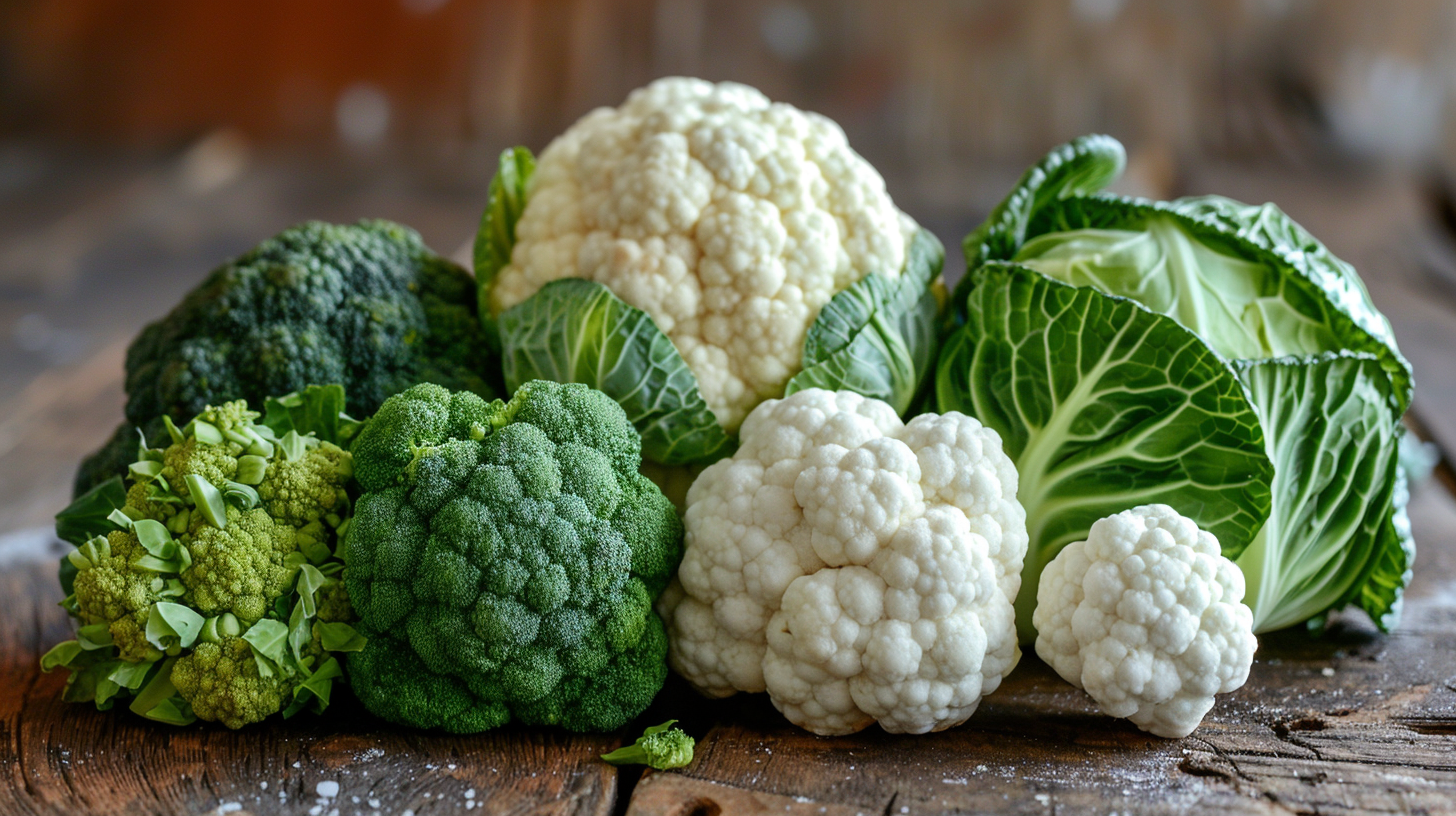
Cabbage, cauliflower, broccoli, and Brussels sprouts are nutrient-dense vegetables that offer many health benefits. However, they can also cause bloating. These vegetables contain sulfur compounds and complex carbohydrates that can lead to gas production and a bloated feeling. Despite the bloating, they are still important for protecting against serious diseases.
4. Potato Chips
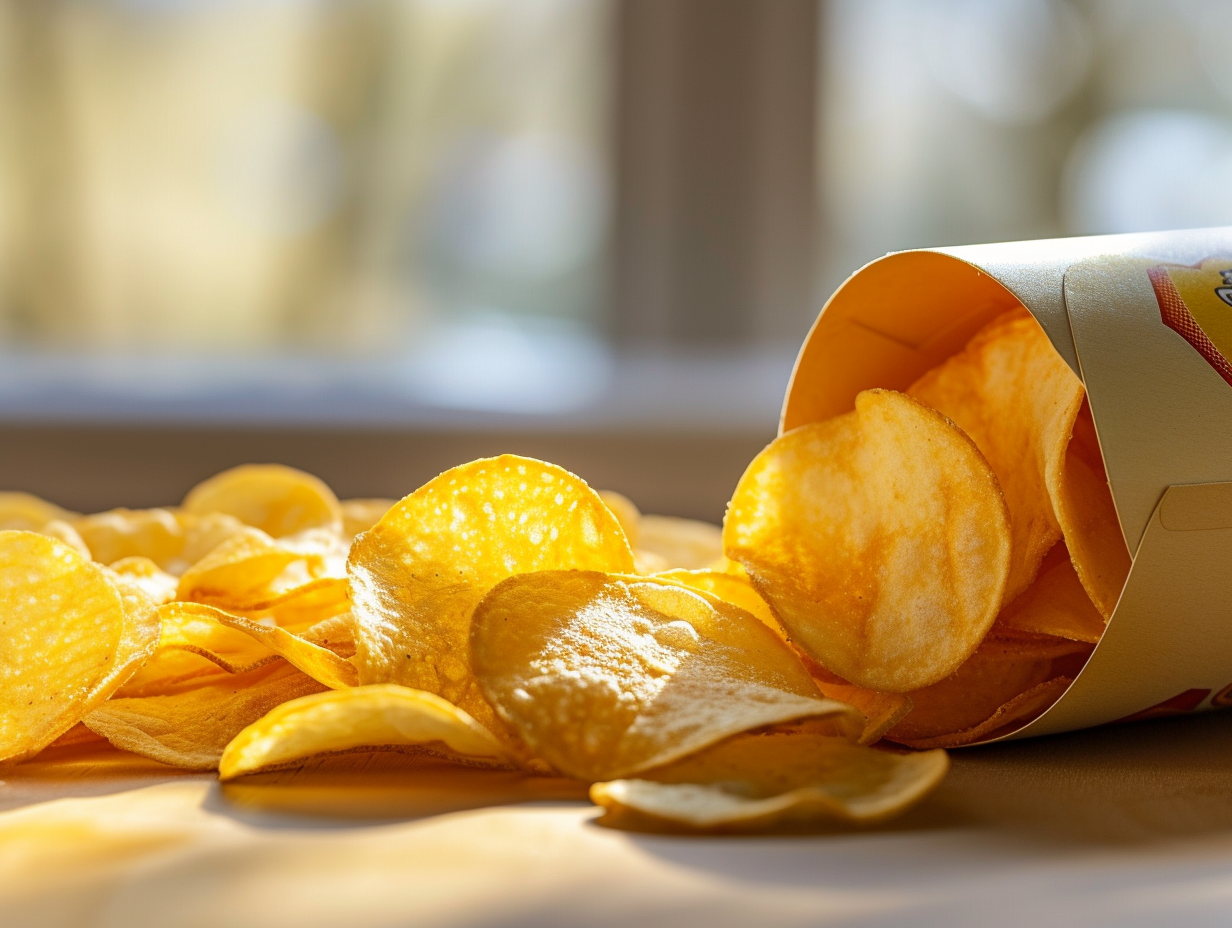
Potato chips are high in sodium and fat, which can contribute to bloating and weight gain. The saturated fats used in potato chips are more likely to be stored as body fat, especially when consumed in excess. The high salt content can also cause water retention and bloating. Enjoy potato chips in moderation and choose brands with a short ingredient list.
5. White Bread
.png)
White bread has a high glycemic index, which causes a rapid spike in blood sugar levels followed by a drop. This can lead to hunger, overeating, and increased fat storage over time. White bread is also low in fiber, which can cause constipation and bloating. Opt for whole-grain bread instead.
6. White Pasta
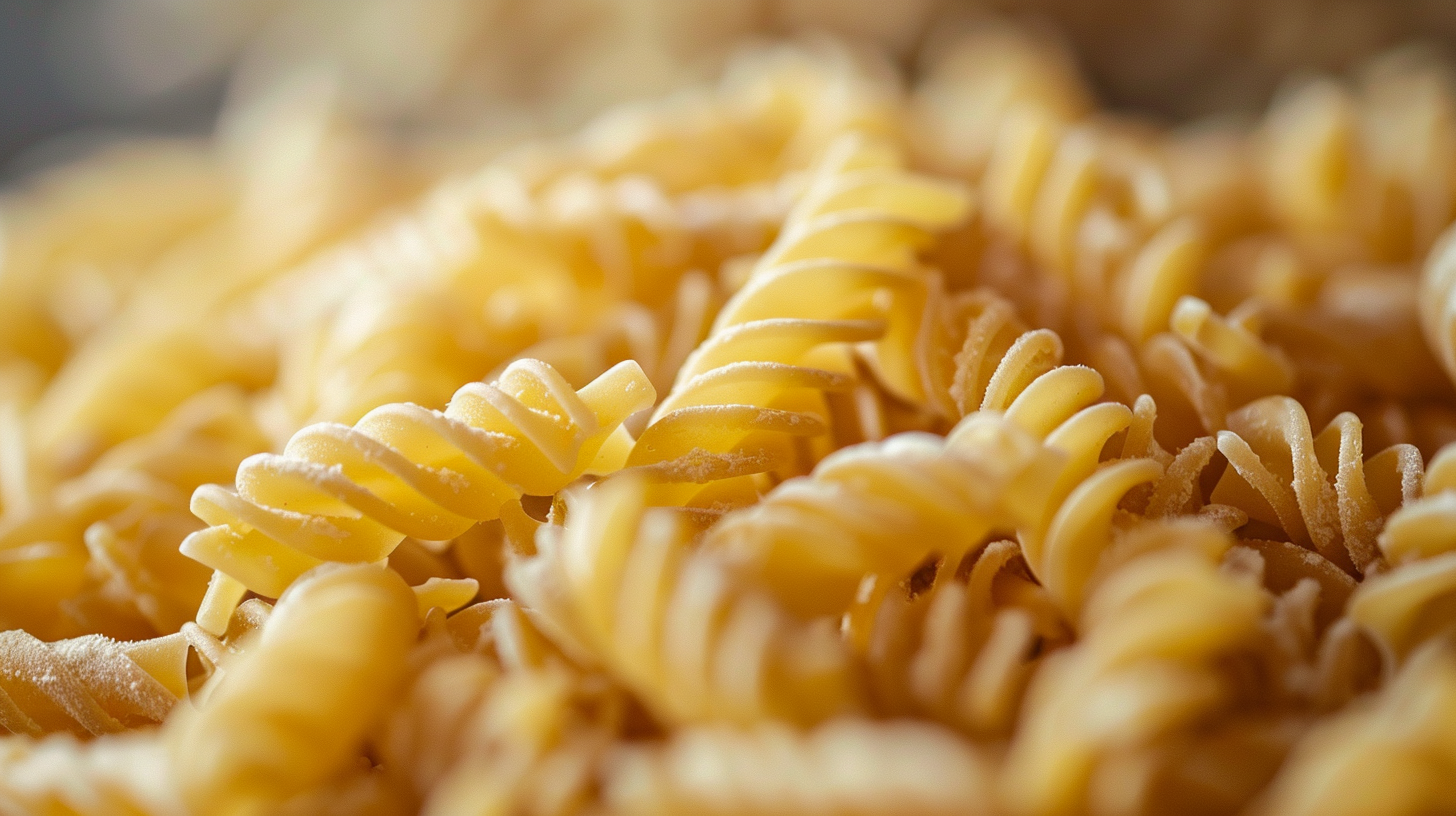
White pasta has a high glycemic index and can spike blood sugar levels, leading to carb cravings and elevated insulin response. Regular consumption of refined carbohydrates like white pasta can alter the balance of gut bacteria, causing bloating and digestive issues. Be mindful of the toppings you pair with your pasta, as high-salt cheeses and meats can contribute to water retention and bloating.
7. Legumes
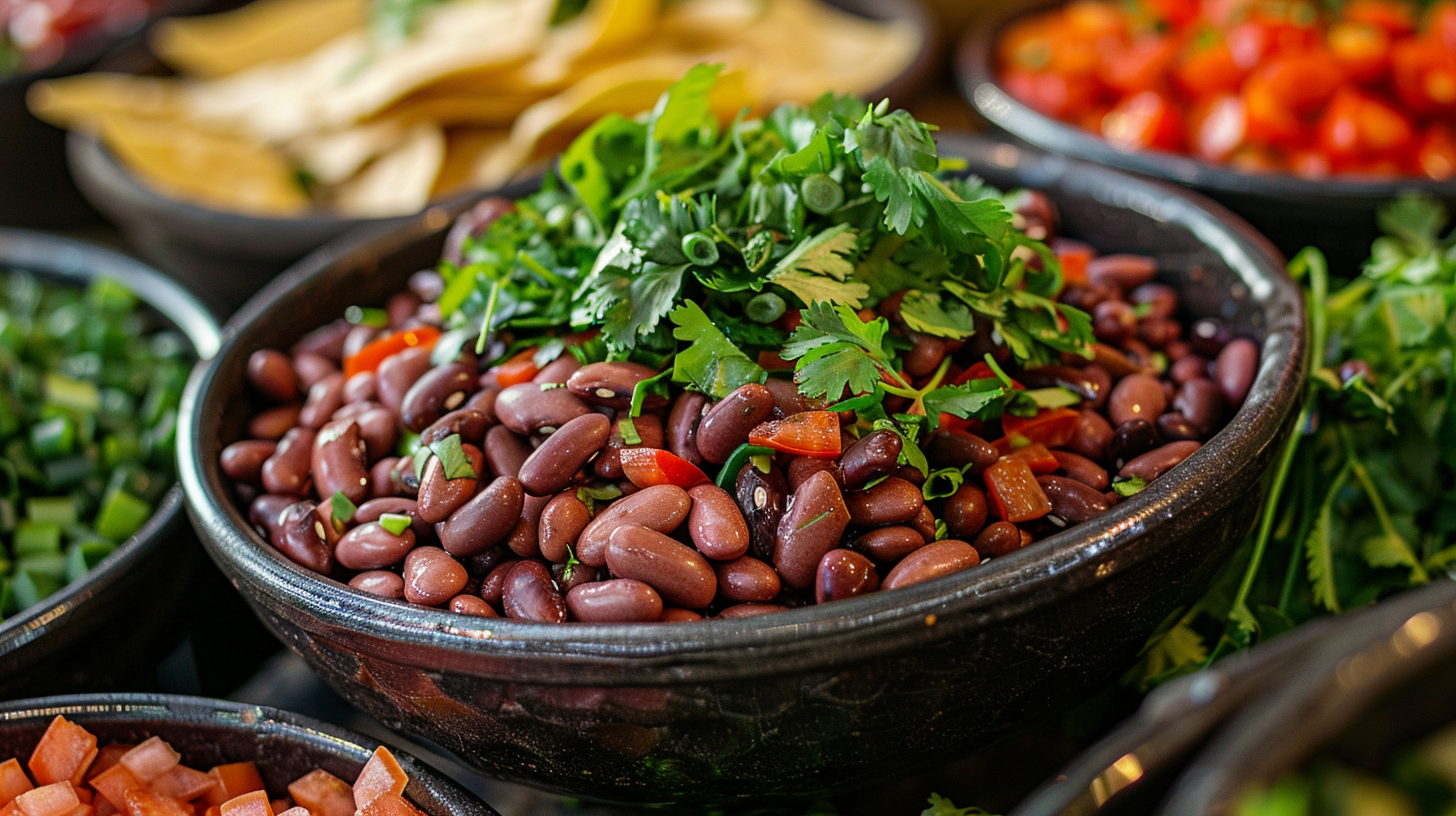
Legumes like kidney beans, black beans, chickpeas, and lentils are rich in fiber, but consuming a large amount in one sitting can cause gas and bloating. Legumes also contain a complex carbohydrate called raffinose, which humans cannot digest well. This can lead to fermentation and gas production in the large intestine. Despite the bloating, legumes are a great source of fiber and other beneficial nutrients.
8. Dairy (if you're lactose intolerant)
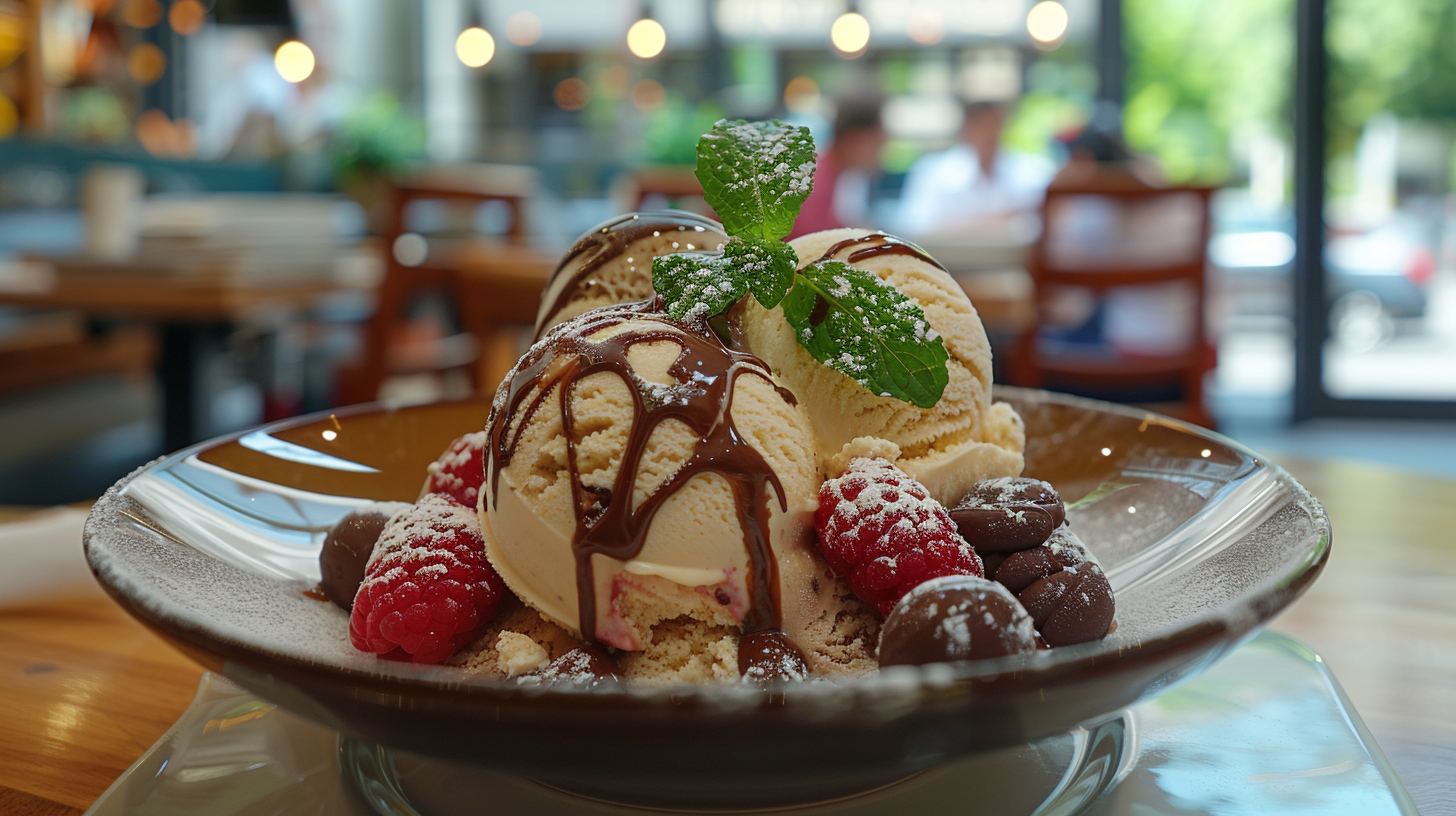
If you're lactose intolerant, dairy products like milk and ice cream can cause bloating, gas, pain, and diarrhea. Lactose intolerance occurs when the body doesn't produce enough of the enzyme lactase to break down lactose. Hard cheeses and yogurt with active probiotic cultures may be better tolerated. Check the ingredients list for lactose-containing sources.
9. Alcohol
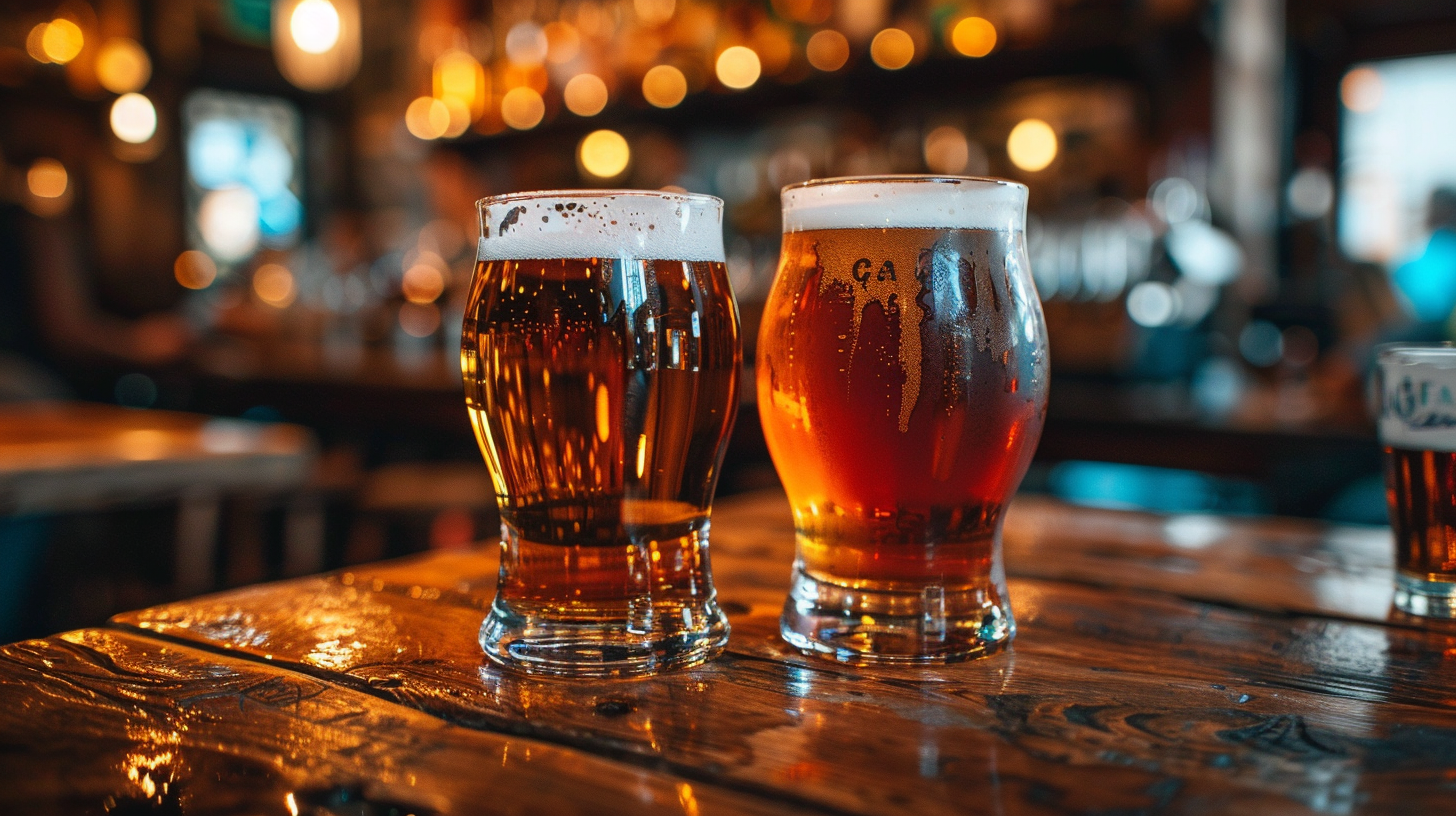
Alcoholic beverages, including beer, can cause bloating in several ways. Carbonated beer can lead to trapped air in the gut, while wheat and gluten in beer can cause bloating, gas, pain, and diarrhea in those intolerant to them. Alcohol can also disrupt the balance of gut bacteria, leading to increased gas production and bloating. Additionally, alcohol is high in calories and can slow down the burning of fats, leading to their storage in the body as fat.
10. Sugary Smoothies and Juices
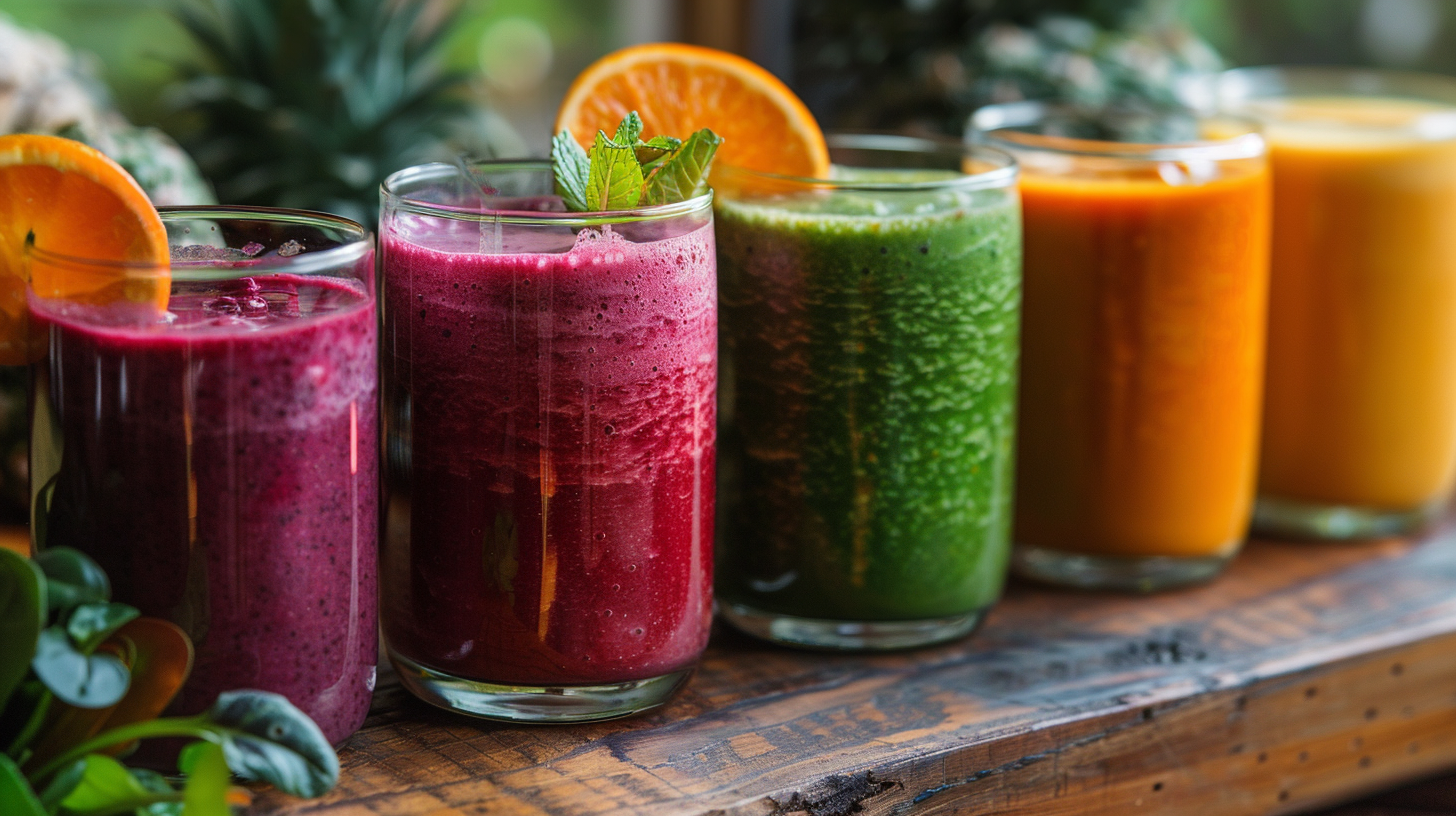
Juices and smoothies may seem healthy, but they can be high in calories and sugar, leading to weight gain and bloating. Liquid calories are less satiating than solid foods and can contribute to a higher overall caloric intake. The high sugar and low fiber content in these drinks can cause blood sugar spikes and disrupt the balance of gut bacteria, leading to bloating.
While these foods may cause bloating and other issues, it's important to remember that they can still be enjoyed in moderation. Incorporate them into your diet mindfully and be aware of how they affect your body. By making informed choices, you can work towards a flatter belly and better overall health.

 HealthWellnessFitnessBeautyVideosPrivacy PolicyTerms And Conditions
HealthWellnessFitnessBeautyVideosPrivacy PolicyTerms And Conditions
